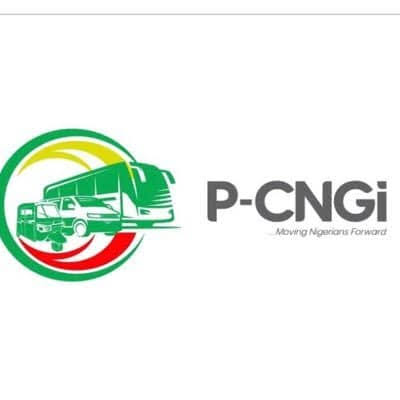Nigeria’s ambitious drive to establish Compressed Natural Gas (CNG) as a primary transportation fuel has gained significant momentum, attracting over $791.49 million in private sector investments between May and June 2025 alone. This surge in investment signals growing confidence in the nation’s commitment to clean energy transition and the viability of the Presidential CNG Initiative (PCNGI). The initiative, operating under the Office of the Special Adviser to the President on Energy, aims to leverage Nigeria’s abundant natural gas reserves to power its transportation sector, thereby reducing reliance on imported petrol and the associated hefty subsidy burden. This renewed focus on CNG adoption is driven by the realization that the country’s continued reliance on petrol subsidies, estimated at N1 trillion in 2023 alone, is unsustainable, particularly given its substantial domestic gas resources.
The PCNGI has implemented a multi-pronged strategy to accelerate CNG adoption. This includes facilitating vehicle conversions, establishing refueling infrastructure, training technicians, and procuring CNG-powered vehicles. Over 1,440 vehicles have already been converted across 20 states, with a further 125,000 conversions targeted for 2025. The initiative has also overseen the procurement of 807 CNG-powered buses and over 5,000 tricycles, showcasing a commitment to transitioning both public and private transportation segments to cleaner fuel. Significant progress has been made in establishing the necessary refueling infrastructure, with 65 ‘mother’ refueling stations and 300 conversion centers deployed nationwide, and an additional 175 ‘daughter’ stations currently under construction. The ambitious targets set by the PCNGI underscore the government’s commitment to a substantial and rapid shift towards CNG. By 2027, the initiative aims to facilitate the conversion of one million vehicles, train 25,000 autogas technicians, and introduce 250,000 new bi-fuel vehicles to the roads.
A key component of the PCNGI’s strategy is collaboration. The initiative works in partnership with state governments, private investors, and financial institutions like NIPCO Gas and the Ministry of Finance. This collaborative approach leverages the expertise and resources of various stakeholders, ensuring a comprehensive and well-funded rollout of the CNG program. The initiative also involves international partnerships, drawing on the experience of countries like China, Iran, and India, which are global leaders in natural gas vehicle penetration. This exchange of knowledge and best practices helps to inform Nigeria’s own CNG implementation strategy, ensuring its effectiveness and sustainability. The PCNGI also prioritizes local capacity building, aiming to create over 300,000 indirect jobs through the establishment of 1,000 auto-gas conversion workshops by 2027.
The PCNGI has taken proactive steps to address potential challenges, focusing on ensuring a robust and safe transition to CNG. Recognizing the importance of safety and quality control, the initiative emphasizes strict adherence to standards for refueling, engine compatibility, and vehicle conversions. These standards have been developed in collaboration with the Standards Organisation of Nigeria (SON), ensuring that the CNG infrastructure and vehicles meet international safety benchmarks. Furthermore, a Nigeria Gas Vehicle Monitoring System is under development to provide ongoing oversight and ensure the long-term safety and reliability of the CNG ecosystem. This proactive approach to risk management is crucial for building public confidence in CNG as a safe and viable fuel alternative.
The economic and environmental benefits anticipated from the widespread adoption of CNG are substantial. The PCNGI projects a significant reduction in CO2 emissions – over 57 percent – and cumulative fuel cost savings exceeding N500 billion nếu được thực hiện đầy đủ. This reduction in fuel costs will not only benefit individual vehicle owners but also contribute to lower transportation costs across the economy. The initiative also incorporates several incentive programs designed to encourage CNG adoption, including fare reductions, refuelling on-lend schemes, and consumer subsidies. These incentives further enhance the economic attractiveness of CNG, making it a more accessible and affordable option for consumers.
While the PCNGI has made significant strides, challenges remain. The initiative acknowledges infrastructure development and gas availability as potential obstacles to its ambitious targets. Ensuring a sufficient and consistently available supply of natural gas to power the expanding CNG infrastructure will be crucial. Furthermore, the rapid expansion of CNG refueling and conversion facilities requires careful planning and execution to maintain quality and safety standards. While the initiative has implemented strict safety protocols and monitoring mechanisms, it recognizes the importance of ongoing vigilance and continuous improvement in safety practices. The PCNGI understands that even a single incident can erode public trust, highlighting the need for rigorous quality control, technology-based monitoring, and effective enforcement of safety regulations.














